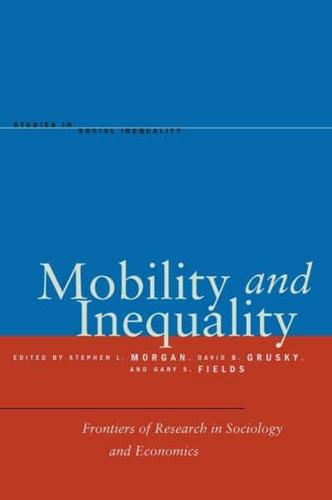Publisher's Synopsis
How often do working-class children obtain college degrees and then pursue professional careers? Conversely, how frequently do the children of doctors and lawyers fail to enter high status careers upon completion of their schooling? As inequalities of wealth and income have increased in industrialized nations over the past 30 years, have patterns of between-generation mobility changed?
In this volume, leading sociologists and economists present original findings and conceptual arguments in response to questions like these. After assessing the range of mobility patterns observed in recent decades, the volume considers the mechanisms that generate mobility, focusing on both the training and skills that are rewarded in the labor market as well as the role of educational institutions in certifying graduates for professional positions. The volume concludes with chapters that assess the contexts of social mobility, examining the impact of macroeconomic conditions and societal levels of inequality on social and economic mobility.










